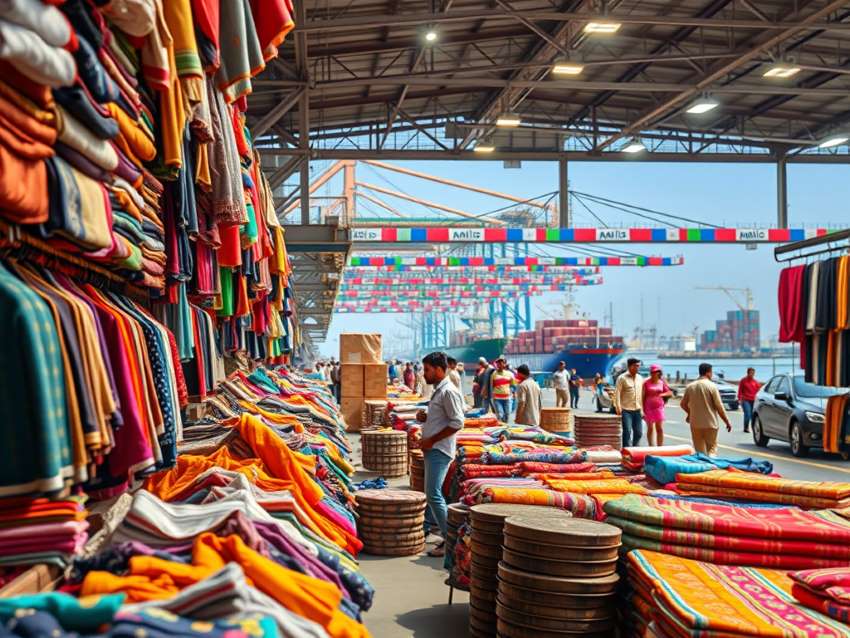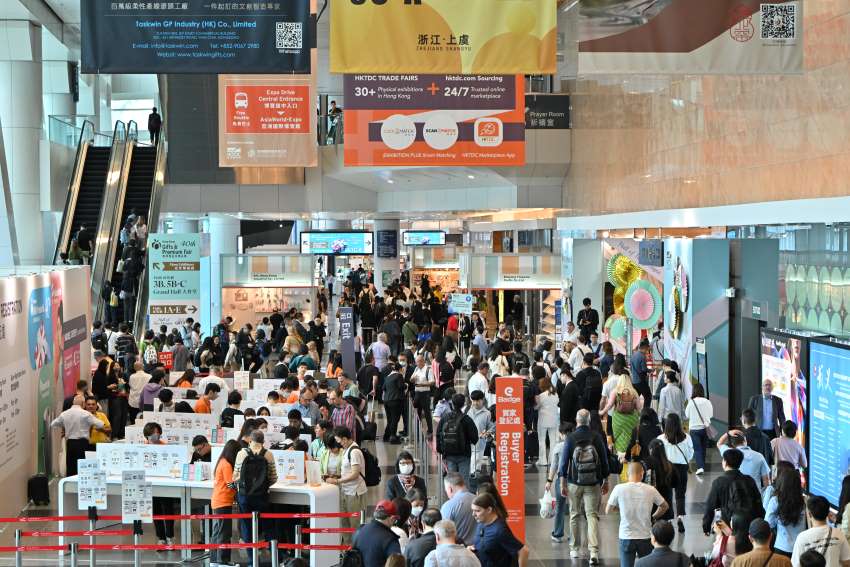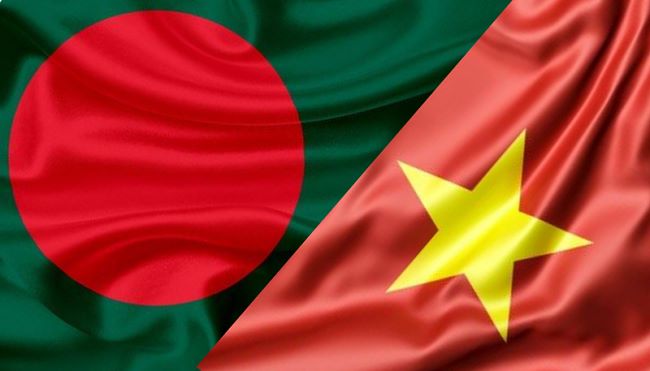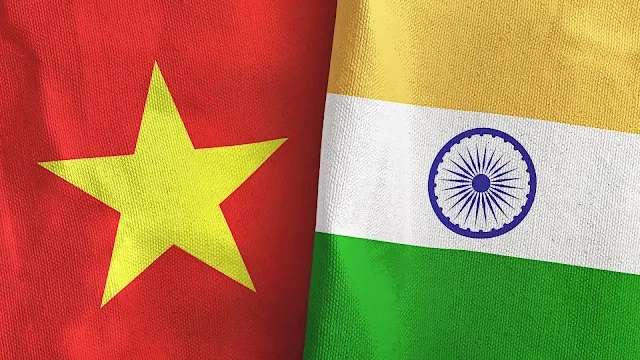FW
Despite the increasing demand from textile and apparel industries, production of organic cotton is on the decline and poses a tremendous risk to both the environment and the future of sustainably-produced fabrics. The aim of the Organic Cotton Accelerator (OCA) - a multi-stakeholder initiative spearheaded in 2013 by US retailer Eileen Fisher and European brands C&A, H&M and Kering is to identify and fund interventions, strategies and new areas of development and opportunity to increase organic cotton production.
According to Shona Quinn, sustainability leader for Eileen Fisher, organic cotton production and innovation in the industry is critical to the future of sustainable apparel, namely her brand’s commitment to consumers who are already seeking lifestyle changes that often begin and end with their clothing purchases. OCA plans to set the standard for organic farmer training by establishing a central farmer curriculum, knowledge transfer, and best known agricultural and business practices to improve effectiveness. In addition to providing training curriculum, the OCA will create a distribution system to reach farmers with 100 per cent organic seeds to protect the integrity of cotton crops.
Meanwhile, the OCA’s established financing model will be made available to farmers in the form of revolving loans. The approximate numbers of available financing dollars and farmer repayment terms have yet to be revealed. OCA is set to launch this year in a two-year prototyping phase where selected farmers across India will participate during the incubation period — with the goal of increasing strategies to scale organic cotton production through 2018.
Apparel sector associates in Sri Lanka are to be supported by the country’s largest private bank with an exclusive debit card that confers special benefits, under a partnership between the Commercial Bank of Ceylon, the Joint Apparel Association Forum (JAAF) and Channel 17, the company tasked with managing an employee loyalty program for the sector.
Holder of the card will be eligible to receive extensive collection of discounts and offers normally enjoyed by Commercial Bank Debit Card holders. In addition to the benefits they are entitled to under the Ransalu program. The card will also serve as identification for them to claim benefits from the Ransalu loyalty program, which targets a membership of over 350,000.
Meanwhile, the Ransalu Privilege Loyalty Program already offers members discounts on essential consumer items, hospitalisation, pharmaceutical products and clothing. However, the JAAF membership targeted Commercial Bank – MasterCard issued ‘Ransalu Privilege Card’ will be available free of charge to any member of the JAAF operated Ransalu Loyalty Program who has, or opens an account with Commercial Bank.
Jute mills fear a financial crunch in the wake of the jute commissioner’s decision to fix the price of bags for January and February. They fear an estimated loss of Rs 70 crores in the two months following enforcement of the price cap (at around Rs 79,000 per ton).
The decision to fix price followed the spiraling rates of the raw fiber owing to excess rainfall, shrinking area under cultivation and an export ban imposed by Bangladesh. Average raw jute prices have increased to Rs 5,357 per quintal in January from Rs 4,034 per quintal in August.
This decision to fix prices has led to a situation where many mills are unable to manage their minimum working capital requirements, including wage payments and clearance of statutory dues. The stock limit of raw jute for traders has been lowered to 500 quintals from 1,700 quintals.
Meanwhile the new national textile policy may be unveiled by April. The policy aims to reach an export target of $300 billion by 2024-25 besides creating an additional 35 million jobs. The policy seeks to address concerns related to skilled workforce, labor reforms, investments and a road map for the textile and clothing industry.
A tattered piece of clothing has been found buried in an Egyptian cemetery and it has been confirmed as the world’s oldest dress as well as the oldest woven garment known to archaeologists. The garment has now officially been dated by researchers to between 5,100 and 5,500 years old. That places it way back to the first dynasty of ancient Egypt, and possibly even earlier.
The dress was originally discovered in 1912 in a cemetery near Cairo but it was dismissed as a great pile of linen cloth. But a new radiocarbon analysis has finally confirmed the item’s antiquity. The garment features tailored sleeves, a V-neck, and narrow pleats. It also exhibits signs of wear and tear, which means it was used in real life and was not some sort of fancy ornamentation. There are strong signs the dress was worn by the elite.
The dress remains the earliest surviving example of complex woven clothing, that is, a cut, fitted and tailored garment as opposed to one that was draped or wrapped. The survival of highly perishable textiles in the archaeological record is exceptional, and the survival of complete, or almost complete, articles of clothing even more so.
The Delhi High Court has restrained Hyderabad-based Nuziveedu Seeds from selling Bt cotton seeds using the trademark of US-based agro major Monsanto’s Indian arm Mahyco Monsanto Biotech. The HC also asked the Hyderabad firm to pay royalty to Mahyco Monsanto after selling the old stock manufactured before November 2015.
Mahyco said it was compelled to terminate the license agreements of Nuziveedu and its group companies owing to the latter’s refusal to pay trait fees (royalty) of Rs 165 crores on specious grounds, despite having collected the maximum retail price from farmers.
The court restrained Nuziveedu Seeds from selling seeds manufactured after November 2015. The license agreement between the two parties was terminated. It also appointed local commissioners to make an inventory of stocks available with Nuziveedu. The court’s order came on a lawsuit moved by Mahyco.
Lawyers appearing for the agro major submitted the domestic company was selling the product by infringing the Monsanto trade mark. Monsanto said Nuziveedu was selling Bt cotton seeds manufactured using the US firm’s patented Bollgard-II gene technology.
Mahyco has also approached the Bombay High Court over non-payment of about Rs 400 crores of royalty fees by some Bt cotton seed manufacturers including Nuziveedu.
www.mahyco.com/
Considering the steep reduction in fuel meant for power generation, the Southern India Mills' Association (SIMA) has urged the chief minister of Tamil Nadu to reduce the power tariff. In a statement SIMA has said that Tamil Nadu was facing acute power shortage since 2008 and therefore, power cost was exorbitant in the absence of grid power. Hence, the textile industry, a power intensive sector, has been undergoing severe financial stress due to high cost power.
According to SIMA, the power subsidy, interest subsidy and various other incentives offered by all the major cotton growing states like Gujarat, Maharashtra, Andhra Pradesh, Punjab, Rajasthan added fuel to the situation and brought the new investments to a grinding halt.
M Senthilkumar, Chairman, SIMA says, after long battle, Tamil Nadu has now become a power surplus state and the tariff of power available in the open market is quite competitive. In view of this said that the power tariff should be reduced now. While applauding the government's move to make state a power surplus, the SIMA chairman stated that the government could mitigate the power shortage in spite of steep increase of over 33 per cent power consumption in the state by expediting the projects in the pipeline, overcoming bottlenecks in the existing power plants and also establishing new power plants on a fast tract mode.
For promotion abroad and internationalization of Italian businesses, the Italian trade agency and ACIMIT has decided to host 12 Italian textile machinery makers to target the Vietnamese market at the upcoming Saigontex trade fair to be held next month.
Vietnam is ranked at eight among export markets for Italian textile machinery companies, with exports to Vietnam over the first nine months of 2015 reaching EUR 31 million, a 53 per cent increase compared to the same period for 2014. Among the products most in demand are finishing/ennobling and spinning machinery.
Meanwhile, Vietnam has recently become a major market for textile machinery manufacturers. Having emerged as an important manufacturing hub for the garments sector, due to low labour costs, the country has now received a further boost for developing its textile industry, through the free trade agreements recently signed with the European Union and United States.
Scheduled from March 30 to 2 April 2016 in Hochiminh City, Saigontex, the Vietnam Textile & Garment Industry Expo is the biggest and most important trade and information platform in Vietnam. The 12 Italian machinery manufacturers are all ACIMIT associated members and include: A. Piovan, Beta Machinery, Carù, Fadis, Ferraro, JK Group, Mei, Pozzi Leopoldo, Pugi Group, Ratti, Rollmac, Tonello.
In the back drop of farmer suicides in Punjab and Haryana due to extensive damage to the cotton crop in 2015-16 because of pest attack has led to a swing in official opinion against genetically modified (Bt) seeds. The two state governments appointed a Joint Action Committee to ascertain the causes and to suggest remedies for white fly infestation. According to its report, the native variety (arboreum) is immune to cotton leaf curl viral disease and comparatively tolerant to white fly and other sucking insect pests. Hence, its cultivation should be promoted in Haryana, Punjab and Rajasthan.
According to sources in the Haryana government, an effort is on to assess the availability of traditional variety seeds with the agriculture universities, the Central Institute of Cotton Research and private seed producers. They expect to replace 15-20 per cent of the area under Bt cotton seed with the traditional one this year (rabi 2016-17) and in the next few years to take it to 50 per cent. Co-existence of Bt and non-Bt crop would curtail the chance of spread of epidemics like white fly, as the two crops are resistant to different kinds of diseases. Monoculture in agriculture is one of the causes of widespread diseases in plants. Presently, 95 per cent of the cotton grown in Punjab and Haryana is the Bt variety and this triggered the quick spread of disease.
Owning wool combing mill in the Czech Republic, and buying about 90,000 bales of Australian wool each year, former director of Australian Wool Innovation (AWI), Laurence Modiano's family company is the biggest in Europe. Recently, Modiano released a petition co-signed by 70 per cent of the world's major early stage processers, calling for pain relief to be made a legal requirement for any on-farm surgical procedures for sheep of any age.
According to Modiano, new national animal welfare guidelines released last month, which recommended that pain relief be optional for sheep under six months of age, were an invitation for radical animal rights groups such as People For Ethical Treatment of Animals (PETA) to attack the industry.
Now Australian wool producers are encouraged to complete a National Wool Declaration for the Australian Wool Exchange, revealing whether their flock has been mulesed — the surgical procedure where skin is cut from the breech of lambs to prevent potential blow fly strike. This year more than 12 per cent of growers declared that they did not mules their sheep and about 21 per cent said they had used pain relief medication.
The industry however, said based on sales figures of the registered surgical spray Tri-Solfen, which was developed for post-mulesing, the number of growers administering pain relief was more likely close to 70 per cent.
Accusing Agile Sweater (Cambodia) Company, part of a group that supplies clothing to Holister, Abercrombie and Fitch, and Nordstrom – of exploiting workers and firing hundreds who have spoken out about human rights violations within the factory, the Collective Union of Movement of Workers (CUMW) asked the Ministry of Commerce to stop the exportation of products from the Cambodian company.
According to Pav Sina, President, CUMW, his organization was asked to intervene by the Ministry of Commerce, because neither the Ministry of Labor nor Agile Sweater have shown a willingness to address worker’s problems. Workers at Agile Sweater have been on strike since December 2015, demanding better working conditions within the factory. Last month, CUMW sent five officials to assist the protesters, which lead to a violent clash with a rival union group and the arrests of the officials. CUMW now wants the Labor Ministry to accelerate their solution-finding process.
According to an official at the Dispute Resolution office, is coordinating a resolution at Agile Sweater (Cambodia) and said the case was very complicated because it involved multiple unions, all of whom accuse one another of not obeying the Labor Law.












